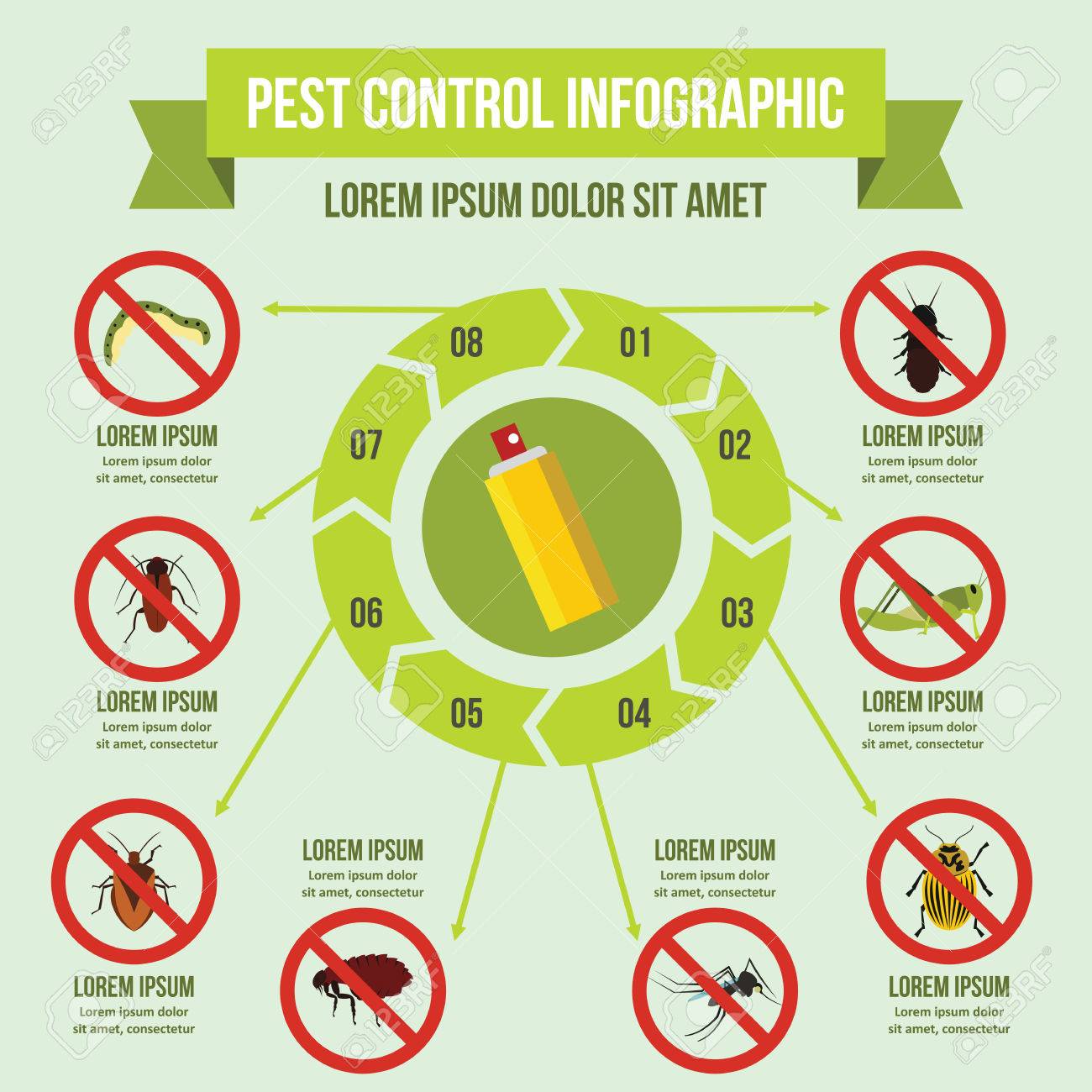The Advantages And Disadvantages Of Chemical Bed Pest Treatments: What You Need To Know
The Advantages And Disadvantages Of Chemical Bed Pest Treatments: What You Need To Know
Blog Article
Article Created By-Aagesen Engberg
Did you recognize that bed bugs are among the most difficult parasites to get rid of? If you're taking into consideration chemical therapies to do away with these pesky animals, it's important to consider the pros and cons.
In this article, we'll explore the efficiency of chemical bed pest treatments, the possible wellness dangers associated with them, and their impact on the atmosphere.
By recognizing these aspects, you'll be much better outfitted to make an informed decision concerning tackling your bed pest trouble.
Performance of Chemical Bed Bug Treatments
You will certainly be pleased to know that chemical bed insect therapies are generally rather efficient in eliminating problems. These treatments work by targeting the bed insects' nerve system and disrupting their ability to feed and duplicate. By utilizing chemicals particularly designed to eliminate bed bugs, you can effectively eliminate them from your home.
Among the advantages of chemical treatments is their capability to get to also one of the most hard-to-reach locations, such as cracks and crevices where bed pests like to conceal. Furthermore, Local pest control companies can supply lasting outcomes, assisting to avoid future infestations.
Nevertheless, it's important to follow the directions thoroughly and take required safety and security preventative measures when using these treatments.
Potential Health Threats of Chemical Bed Pest Treatments
There are several potential health and wellness dangers connected with chemical bed insect therapies that you need to understand. While these therapies can properly remove bed bugs, they might additionally pose threats to your health.
Discover More is the exposure to toxic chemicals. The chemicals made use of in these treatments can be hazardous if breathed in or if they enter into contact with your skin. Some individuals might experience allergies or respiratory system issues therefore.
Furthermore, chemical therapies may leave residue on surfaces, which can be consumed or absorbed through the skin, resulting in additional health issues.
It is very important to meticulously follow the directions provided by specialists and take essential safety measures to minimize the potential wellness risks connected with chemical bed insect treatments.
Environmental Impact of Chemical Bed Insect Therapies
One prospective worry about chemical bed pest therapies is their influence on the environment. When taking into consideration the environmental impact of chemical bed pest treatments, below are four vital variables to remember:
1. Pesticide runoff: Chemical treatments can potentially infect water resources, resulting in unsafe results on marine life and ecological communities.
2. Air pollution: The launch of chemical fumes throughout therapy can add to air pollution, affecting not only the environment but additionally human wellness.
3. Injury to valuable bugs: Chemical therapies might not just target bed insects but likewise damage useful pests such as bees and butterflies, which play vital duties in pollination.
4. Long-lasting results: The use of chemicals might have lasting repercussions on the environment, consisting of soil contamination and disturbance of natural ecosystems.
Thinking about these elements, it's vital to consider the prospective threats and advantages of chemical bed pest treatments and check out alternate, more environmentally friendly choices.
Conclusion
So, when it pertains to chemical bed insect therapies, there are definitely benefits and drawbacks to take into consideration.
On one hand, they can be highly reliable in doing away with these pesky insects.
Nonetheless, there are prospective health and wellness dangers to be knowledgeable about, as well as the environmental influence of using chemicals.
It's important to weigh these elements carefully before deciding on a treatment method.
But, suppose there was an additional solution? Something that could successfully get rid of bed pests without the disadvantages?
Keep tuned, since there could simply be an unexpected alternative on the horizon.
